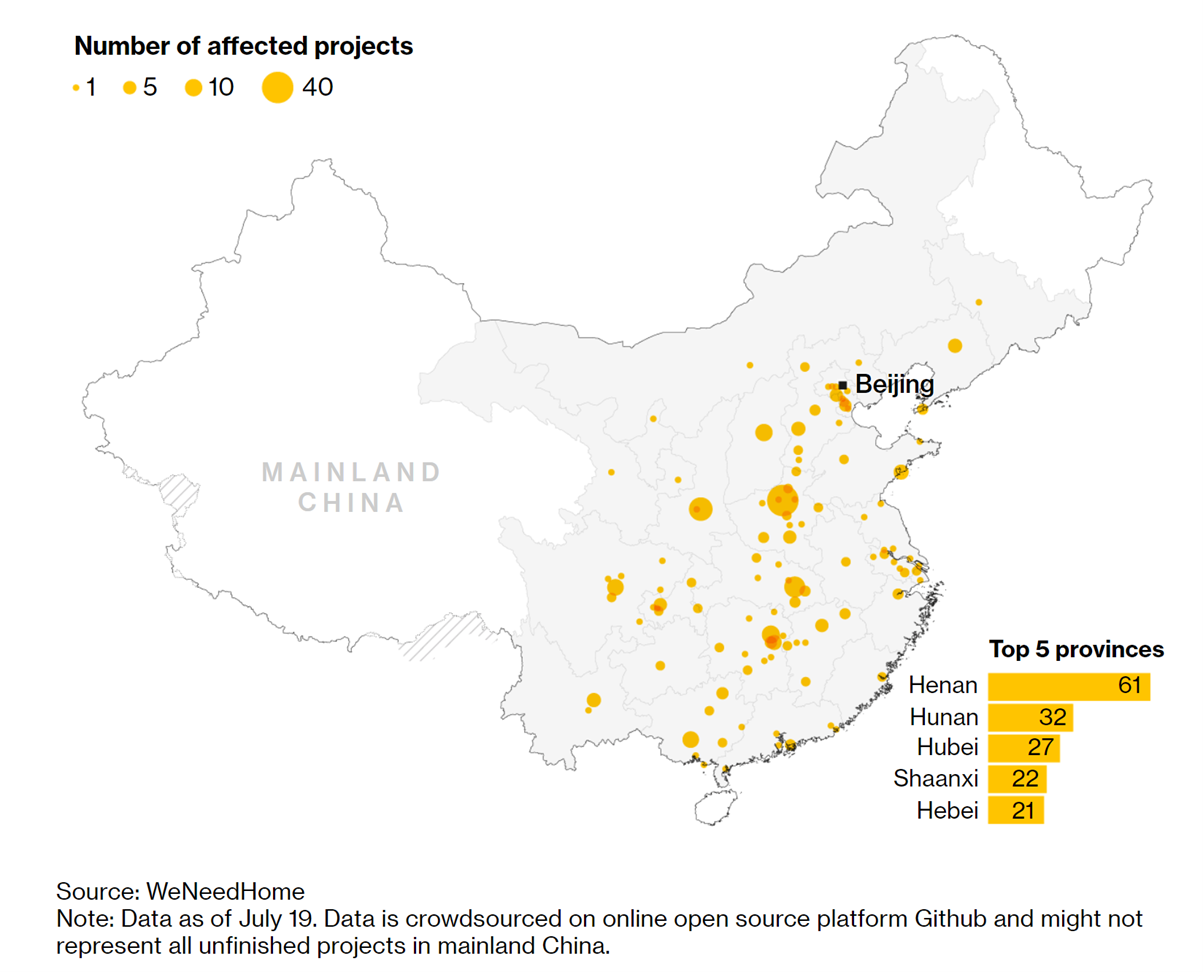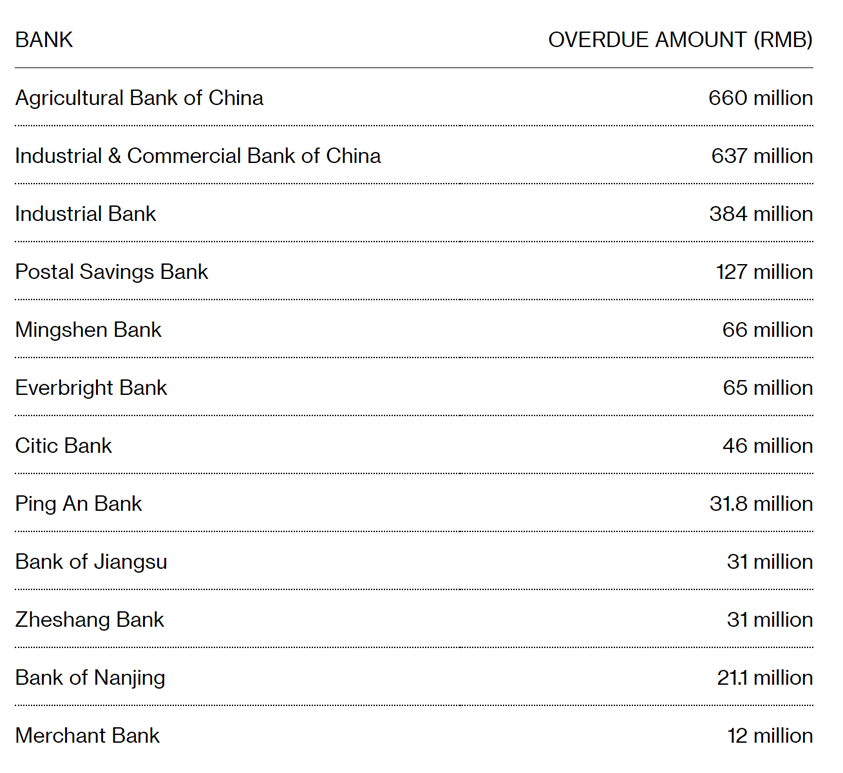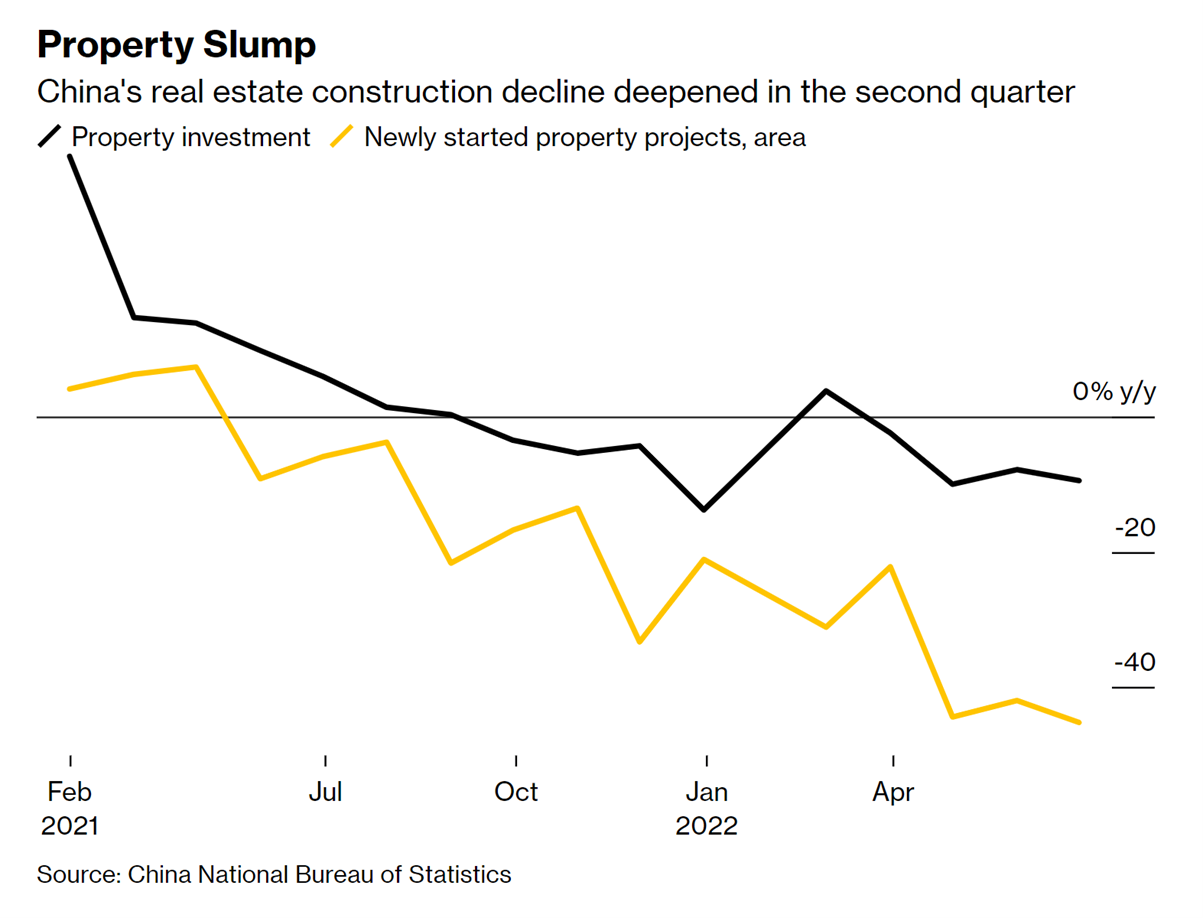What started as an act of protest by fed-up apartment buyers in a stalled China Evergrande Group’s development in Jingdezhen, a city near Yellow Mountain, has since spread to at least 301 projects in about 91 cities in China.
That is how bad the boycotts on mortgage loans in China are becoming, with total loans worth up to 2 trillion yuan (US$296 billion) at stake.
Mortgage boycotts spread quickly
It is a concern given the pace of which the protests have grown. It started with a social media blast signed by 900 buyers.
Last week, there were about 28 projects there were involved, and it has since spread to at least 301 projects by Sunday (17 July 2022).

This could spark a crisis in China as property accounts for about 78% of household wealth in China.
To put it into perspective, this is double the US rate, and in China, families usually save for years or borrow money from friends and family to purchase a home.
Family purchase of a property is also the norm in China. While the naysayers have pointed out that homebuyers in China often pay in cash, property mortgages have been gaining traction.
According to the People’s Bank of China (PBoC), the country’s central bank, China’s outstanding mortgages stood at 38.3 trillion yuan at the end of 2021.
Suppliers jump on the boycott bandwagon
There are also signs that the loan boycott that started with homebuyers is starting to spread as some suppliers to Chinese real estate developers are refusing to repay bank loans because of unpaid bills owed to them.
Chinese banks have insisted that the risk is manageable despite the boycott.
Below is a summary of the delinquent loans related to the mortgage boycott that was released by some of the banks in China.

Source: Bloomberg
Will the mortgage boycotts turn into a crisis in China?
It is still too early to say that these boycotts will cause China’s property slump to fall into a crisis.
If the mortgage boycotts continue to spread like wildfire, the implications could be worse than what the regulators are expecting.
It is also important to note the that the bigger implications of these boycotts are the social credits under Beijing’s administration.
In China, the social credit system is a national credit rating and blacklist developed by the government.
Home buyers who stopped making monthly mortgage payments could risk being sued or punished under the social credit system, which can bring travel bans and other restrictions for people deemed “untrustworthy”.
The implications of the social credit, if enacted, are hard to gauge but the presale housing model in China could be the beginning of an unfolding crisis.
Investors should pay attention to what the Beijing administration’s actions are over the next few months to see if these act of protests could spiral out of control.

Disclaimer: ProsperUs Investment Coach Billy Toh doesn’t own shares of any companies mentioned.












